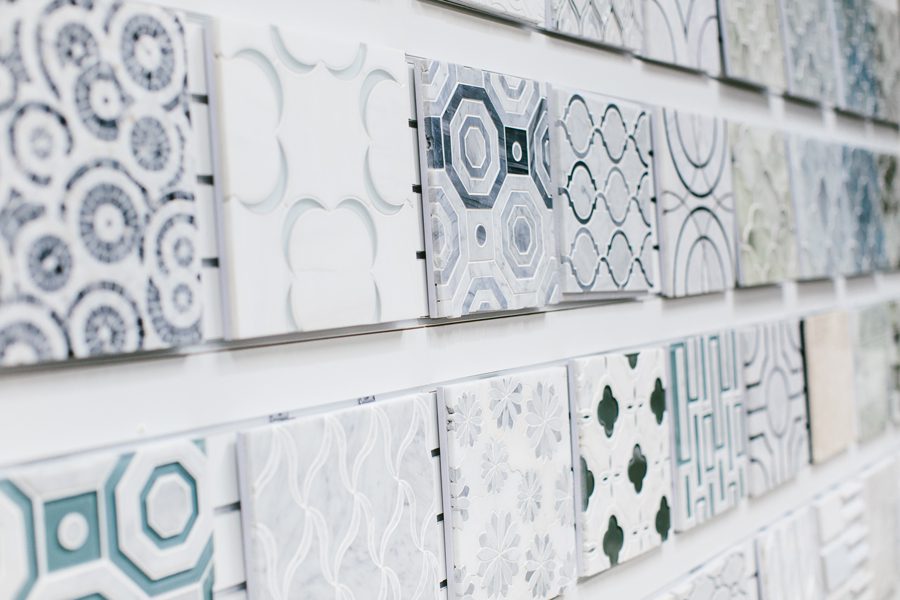Clayton Tile Products
Clayton Tile takes precedence on partnering with the most reputable vendors in the industry, bringing the highest quality products and latest trends to the Upstate.
Having decades-long relationships with our vendors, we can count on them to consistently produce beautiful and well-made tiles using first-rate raw materials and a seamless manufacturing process.
Our showrooms offer a combined 20,000 square feet of space to exhibit tiles of all shapes, sizes, and colors including, porcelain, ceramic, natural stone, mosaics, metals, glass and more.
To learn more about what makes each type of tile material unique, scroll down to the bottom of this page.
Brands Include


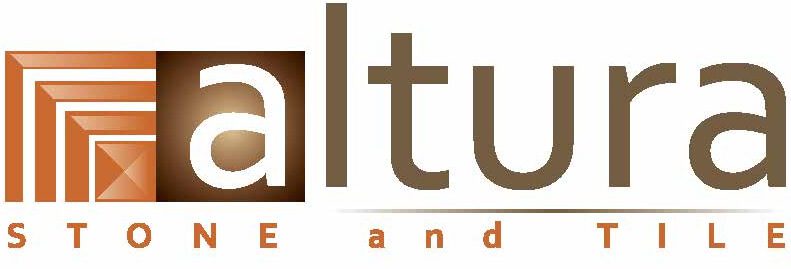
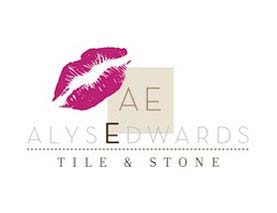









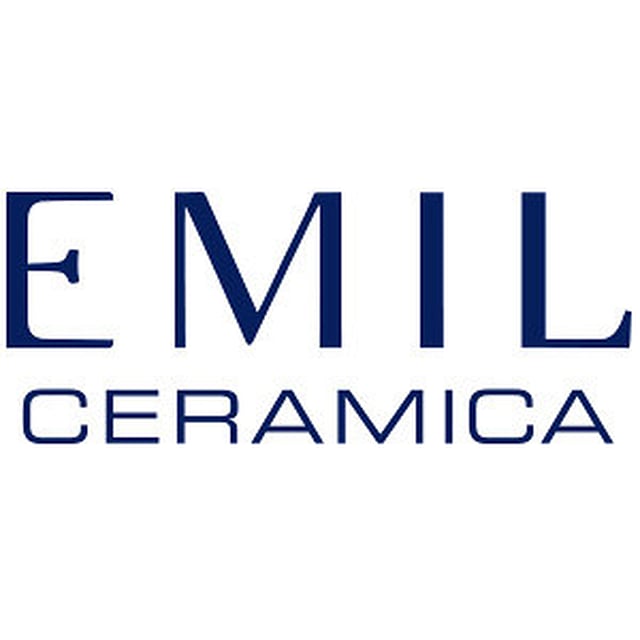














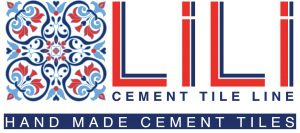







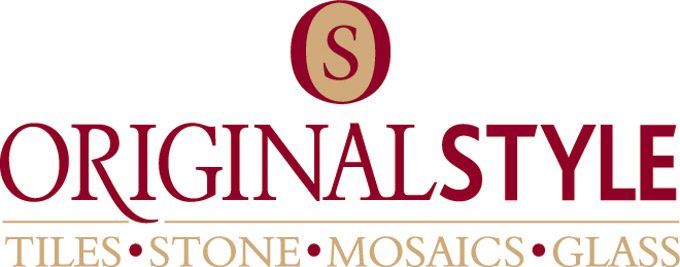



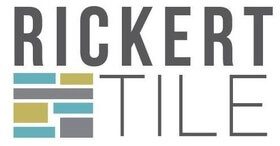












About Tile
Ceramic
Ceramic tile is most commonly used in wall and floor applications. It comes in a wide variety of colors and finishes, with most ceramics consisting of a top-glaze finish.
Ceramic tile can easily be made into a variety of sizes and specifications because it is formed by a human process. It begins as clay (usually comprised of shale, gypsum, and sand) and is forged into a material known as bisque. Bisque is then shaped into tiles and fired, usually in a kiln. Typically, the higher the temperature the tile is fired in, the stronger the tile will be. Ceramics can be glazed, unglazed, basic, or decorated and are used in a variety of applications, though most commonly for walls and floors. Being naturally porous, most ceramics are typically glazed (either before or after being fired).
The Porcelain Enamel Institute (PEI) has a ceramic tile rating system that gauges abrasion levels and rates tiles for wear-resistance on a scale of 5 categories: Class 1 – 5+, with Class 1 being rated for “no foot traffic” recommended and Class 5+ being suitable for “extra heavy traffic.” For example, an entryway should have a tile that’s rated for high foot traffic, is easy to clean, and resists moisture.
Porcelain
Porcelain is the most durable and commonly used product on the market. With a wide range of designs and a very low absorbency rate, porcelain can withstand everything from residential, outdoor, and commercial applications.
Porcelain tiles are essentially ceramic tiles, but with a notably lower absorbency (less than 0.5%). They are known for their long-lasting durability and are often used on walls and floors. Porcelain tile is most often made from silica, feldspar, kaolin clays, and coloring oxides, and fired (usually in a kiln) at approximately 1200 degrees centigrade. Like ceramic tile, porcelain resists moisture, is easy to clean and care for, can endure a high amount of foot traffic and kitchen-related wear, and comes in a wide variety of stylish options that can fit any budget.
The advantages of using porcelain is that the tile’s body color is usually similar to the color of its surface, making chips and wear less noticeable. Due to its density, porcelain can withstand more stress than traditional ceramic tile. The low absorption rate makes porcelain frost proof (ideal for outdoor application) and is resistant to mold and mildew formation since there are no pores for the mold to take hold. There are many kinds of porcelain, all of which meet the Porcelain Enamel Institute (PEI) standard, but each having its own unique characteristics.
Marble
Marble is a natural stone known for its beauty and depth. Like all natural stones, it has significant shade variation and does require maintenance.
Marble is a recognizable natural stone known for its distinctive veins and depth of color. It starts life as limestone but is then subjected to heat and pressure deep underground, where it re-crystallizes into a dense stone. Because it is a natural stone, holes can occur in marble, but they are filled in at the factory with an epoxy-filler of similar color to the stone.
Marble can be used in residential and light commercial interior applications but is typically not recommended in high traffic areas due to its wear. Be careful when using polished stone, as it is very slippery when wet.
Like all stone, marble has significant shade variation due to being quarried from the earth. One of the biggest benefits of natural stone is its inherent natural beauty and design. When making final selections of your marble, keep in mind that variation is normal, and not all pieces will be exactly like samples viewed in the showroom.
We highly recommend that all marble products be sealed before installation and on an annual basis to protect the beauty of the tile.
Travertine
Travertine is a highly favored all-purpose natural stone that is available in a variety of finishes and textures.
Travertine is an all-purpose natural stone used for residential floors, walls, countertops, backsplashes, and more. It is created from mineral-rich water that evaporates over many years and is deposited into layers. Travertine naturally has many voids and holes but is available in a variety of finishes (unfilled, filled, honed, and polished). Travertine can be used in light commercial areas but should not be installed in high traffic commercial areas, as the stone is soft and can wear over time.
We highly recommend that all travertine products be sealed before installation and on an annual basis to protect the stone.
Slate
Slate is a natural stone known for its distinctive cleaved finish and uneven size. It is used in all types of applications, indoors and out.
Natural slate is known for its unique color variety, natural size, and surface thickness variation. It is a quarried, metamorphic rock that is split along its natural cleavage planes, leaving natural, smooth-surfaced layers (they are not gauged to an even thickness like travertine and limestone). When selecting slate, keep in mind the random color and thickness variation.
We highly recommend that all slate products be sealed before installation and on an annual basis to protect the stone.
More Natural Stones
All quarried from the earth, natural stone products include marble, travertine, granite and limestone. They are all available in a variety of finishes and range from being moderately soft to extremely hard. Because it is not made from a human process, one of the benefits of natural stone is its inherent natural beauty and stone within every piece.
We highly recommend that all natural stone products be sealed before installation and on an annual basis to protect the stone.
Limestone
Like travertine, limestone is formed when minerals are deposited, except it occurs underwater. The minerals found in the stone are often mixed with shells of sea creatures, so most limestone contains a fossil record of the sea floor from millions of years ago. Limestone has smaller holes than travertine, but typically has higher porosity or microscopic holes. Larger holes in limestone floor tiles are fitted with a resin-filler of similar color to the stone.
Granite
Granite is a preferred choice for residential and commercial walls, countertops, and floors. It is a very hard rock that has mineral inclusions that add to its color and depth. Once quarried, granite tiles are cut, rectified, and polished. Although granite has less variation than other natural stones, there is still range within each product. Care should be taken when using granite in a flooring application, as polished granite can be very slippery when wet.
Mosaic & Decorative Tile
Decorative tiles and mosaics are often used in combination with porcelain, ceramic, or natural stone tiles to add an enhancing accent to a project. They can include a combination of glass, metal, and natural stone of all shapes and sizes. They are typically manufactured on a mesh-mounted sheet, making installation easier.
Glass Tile
No more complicated than it sounds, glass tiles are made from a variety of glasses. Because they are made in countless shapes, sizes, colors, textures, and finishes, glass tile can fit a wide range of uses and applications. Ideal for most any room in a house, glass also makes a perfect addition to any outdoor application such as fountains, pools, outdoor sinks, and gardens. Part of the beauty of glass tiles is the way they diffuse light differently in every application.
Mosaic Tile
Mosaic tiles are a mixture of smaller tiles (typically 2” or less) that are mounted on sheets of netting or backing paper. These sheets make mosaic installation much easier and more efficient than being laid individually. Mosaics can be made up of any type of tile, including glass, natural stone, porcelain, metal, etc. They can be made up of all the same material and color or a combination. Mosaics are often used in kitchen backsplashes, bathrooms, and shower floors. Their small size makes for an easy application in a variety of areas.
Metal Tile
Metal tiles are commonly available in brass, copper, pewter, chrome, steel, and satin nickel, to name a few. Aside from the unique and attractive material, a variety of metal treatment methods allow for further customization of the metal (including stamping, hammering, molding, pressing, burning, etc). The combination of material and treatment produces a wide variety of textures and colors, even amongst tiles of the same metal.
Hand-Painted Tile
Every hand-painted tile is unique and displays the work of the crafters. The design is hand-painted on the tiles before it is fired in the kiln. Because of its delicacy, hand-painted tiles are not recommended for heavy traffic areas. Rather, they make great backsplashes and accents.
Cement Tile
Made from all-natural materials, cement tiles are durable and long-lasting. Most manufacturers offer unlimited design options for cement tiles, usually allowing customized color choices and patterns. They can be used on walls and floors. Sealing is required to prevent staining and also to protect the tiles.

*Our Woodruff Road location offers extended hours on Tuesdays from 8:00 am – 7:00 pm
